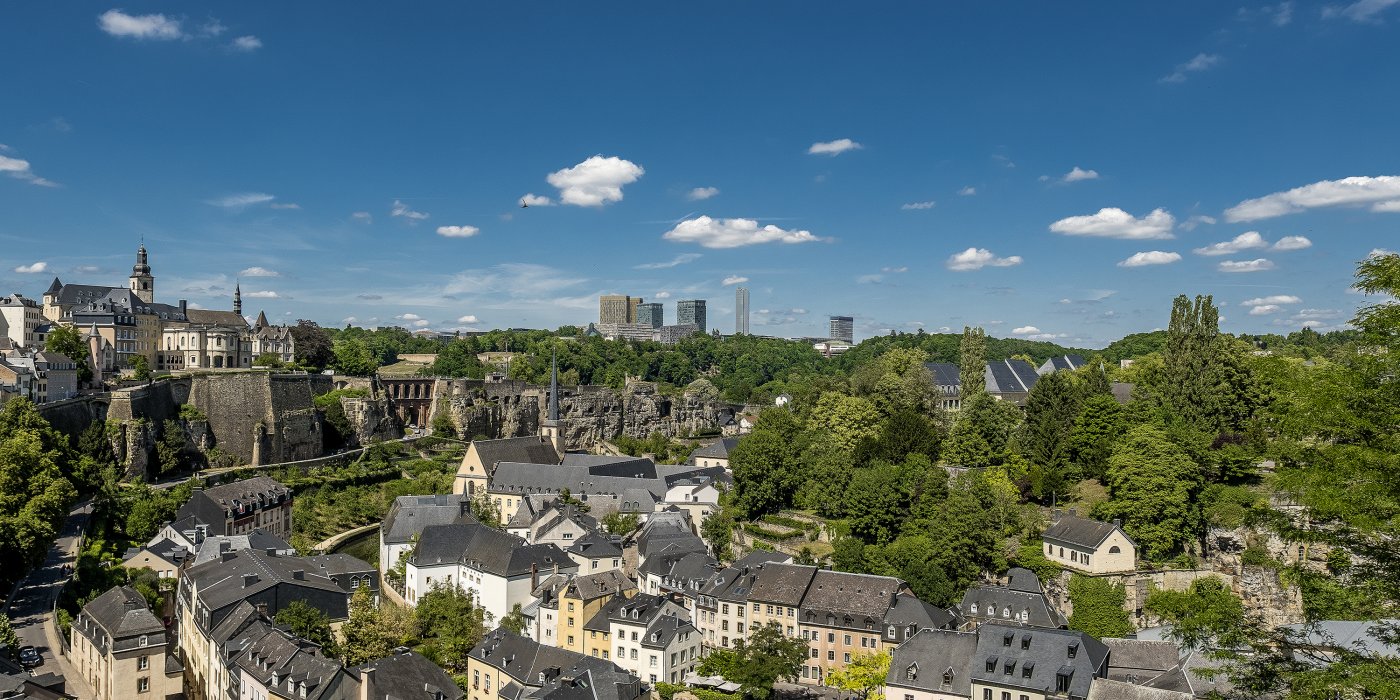Description
François Roeser, who was born on 18 September 1754 in Luxembourg City, is known for being the last justiciar of the City of Luxembourg. His parents, Guillaume Roeser, a merchant from Trier, and Marguerite Katter (died 1830), moved to Luxembourg City. They became part of the city's bourgeoisie, and by 1783 their wealth placed them among the city's economic elite. François Roeser and his wife, Marie-Catherine Küffer, lived on Rue du Curé near the Marché-aux-Herbes. Roeser was a wholesale merchant and haberdasher who later specialised in selling wine wholesale and as a custodian. Beginning in 1791, he was appointed as city's Sovereign Justiciar on three successive occasions. This was a position that was renewed every year. He was the City of Luxembourg's last justiciar before it surrendered to the republican armies on 7 June 1795. Under the French regime, he served as mayor of the city from January to March 1797. Under the Dutch, he reached the high point of his career: he became mayor in 1816, and then again from 1823 until his death on 13 March 1827. In 1816, Roeser participated in an emergency fund-raising effort to secure capital loans to help alleviate the food shortage going on at the time. From 1820 to 1827, Roeser was an elected member of the States General in The Hague. During the meetings of this legislative body, Roeser no longer spoke on behalf of any one order or of his province. Independent of their offices, the deputies took their decisions on behalf of the nation, that is, the Kingdom of the Netherlands, with which King-Grand Duke William I had united the Grand Duchy.














